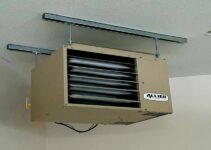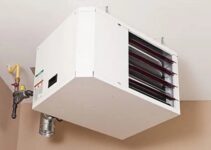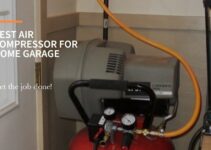Best Way to Heat a Garage Workshop
As winter’s icy grip tightens, transforming your garage workshop into a warm and cozy haven becomes essential for any hobbyist, DIY enthusiast, or professional mechanic.
A cold and uncomfortable workspace not only hampers productivity but can also lead to potential health hazards.
In this comprehensive guide, we will explore the best ways to heat your garage workshop, considering various factors that play a crucial role in making an informed decision.
Why You Need a Warm Garage Workshop
A warm garage workshop offers numerous advantages that extend beyond mere comfort. Firstly, maintaining an optimal temperature ensures the longevity and efficiency of your tools and equipment.
Extreme cold can cause metal components to contract, leading to potential damage. Secondly, a comfortable workspace enhances productivity and creativity, allowing you to focus on your projects without distraction.
If you use your garage as a personal haven to unwind and engage in hobbies, a warm environment becomes all the more important.
Factors to Consider When Choosing a Garage Heater
Selecting the right garage heater involves careful consideration of several key factors to ensure that it meets your specific needs.
Types of Garage Heaters
There are various types of garage heaters available on the market, each with its unique advantages and drawbacks. Let’s explore some common options:
Electric Heaters
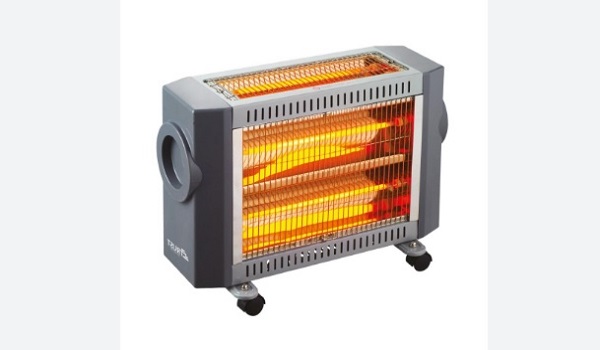
Electric heaters are popular for their ease of use, efficiency, and affordability. They are best suited for smaller garages and workshops due to their limited heating capacity.
Electric heaters offer consistent heat output and require minimal maintenance, making them a convenient choice for many users.
Pros:
- Easy to install and use
- Relatively inexpensive
- No fumes or emissions
Cons:
- Can be inefficient in large garages
- May not be safe for use in garages with flammable materials
Propane Heaters
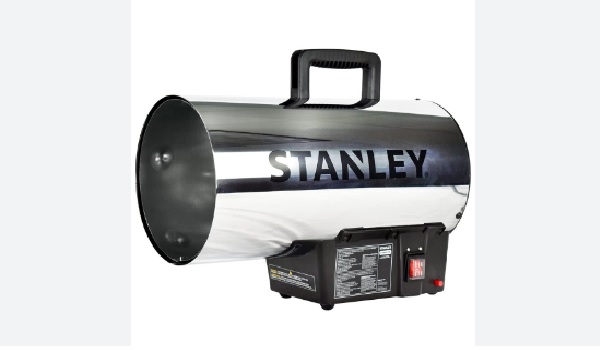
Propane heaters are a versatile option, well-suited for larger spaces. They provide a powerful heat output and do not rely on electricity, which can be advantageous during power outages.
Ventilation is essential when using propane heaters to prevent the buildup of potentially harmful fumes.
Pros:
- Very powerful
- Can heat large garages quickly
- No electricity required
Cons:
- Can be dangerous if not used properly
- Produces fumes and emissions
Natural Gas Heaters
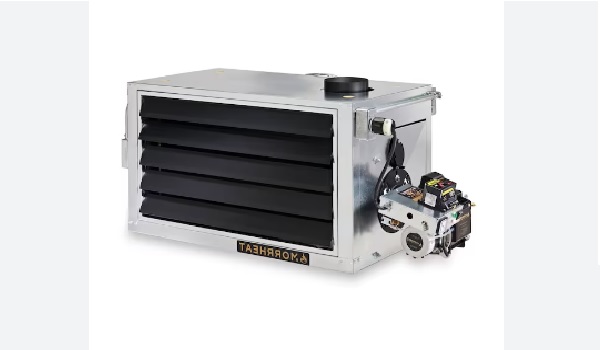
Natural gas heaters offer an economical heating solution, especially if your garage is already connected to a natural gas supply.
They are efficient and provide a continuous heat source, but like propane heaters, proper ventilation is necessary.
Pros:
- Similar to propane heaters, but more efficient
- No electricity required
Cons:
- Can be dangerous if not used properly
- Produces fumes and emissions
Infrared Heaters
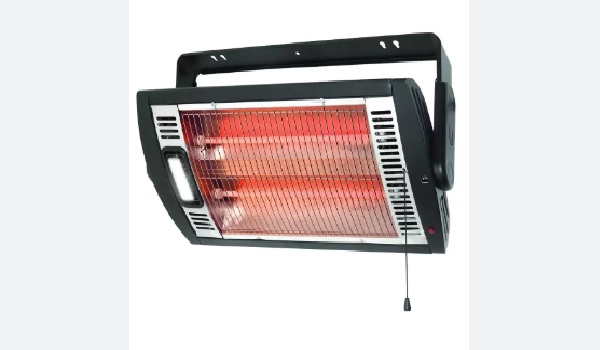
Infrared heaters work by radiating heat to objects and people in the vicinity, rather than heating the air directly.
This makes them a quick and efficient option for heating specific areas within the garage. However, they might not be suitable for heating the entire workshop, especially if it is well-ventilated.
Read Also: Best Infrared Garage Heater
Pros:
- Heats objects directly, not the air
- Safe for use in garages with flammable materials
- No fumes or emissions
Cons:
- Can be less efficient than other types of heaters
- May not be as effective in large garages
| Type of Heater | Pros | Cons | Average Price Range |
|---|---|---|---|
| Electric Heaters | Easy to install and use, relatively inexpensive, no fumes or emissions | Can be inefficient in large garages, may not be safe for use in garages with flammable materials | $50 – $1,000 |
| Propane Heaters | Very powerful, can heat large garages quickly, no electricity required | Can be dangerous if not used properly, produces fumes and emissions | $100 – $2,000 |
| Natural Gas Heaters | Similar to propane heaters, but more efficient, no electricity required | Can be dangerous if not used properly, produces fumes and emissions | $150 – $3,000 |
| Infrared Heaters | Heats objects directly, not the air, safe for use in garages with flammable materials, no fumes or emissions | Can be less efficient than other types of heaters, may not be as effective in large garages | $150 – $1,500 |
Choosing the Right Garage Heater for You
To ensure you make the best choice, consider the following factors:
Size of Your Garage:
The size of your garage plays a crucial role in determining the appropriate heater capacity. A heater with insufficient output may struggle to warm a larger workspace effectively, while an oversized heater could lead to energy wastage.
Your Budget:
While it’s tempting to opt for the most advanced and powerful garage heater available, it’s essential to balance your heating needs with your budget.
Electric heaters are generally more affordable and have lower installation costs, while natural gas heaters might require professional installation.
Your Safety Needs:
Safety should always be a top priority when choosing a garage heater. Ensure that the heater you select has safety features such as overheat protection and tip-over switches.
If you opt for fuel-based heaters like propane or natural gas, proper ventilation and carbon monoxide detectors are crucial.
Your Comfort Needs:
Consider your specific comfort requirements. If you need to heat a small area while you work, an infrared heater might be suitable.
On the other hand, if you need consistent heating throughout the garage, a forced-air heater might be a better fit.
Installing and Using a Garage Heater Safely
After selecting the right garage heater, it’s essential to follow proper installation and usage guidelines to ensure safety and efficiency. Here are some general tips:
Professional Installation: If you opt for a natural gas or propane heater, it’s advisable to have it professionally installed to ensure proper ventilation and compliance with safety codes.
Maintain Adequate Clearance: Keep flammable materials, such as paper, cardboard, and gasoline, away from the heater. Maintain sufficient clearance around the unit to prevent potential hazards.
Regular Maintenance: Perform regular maintenance on your garage heater, including cleaning filters and checking for any signs of wear and tear. This ensures optimal performance and extends the heater’s lifespan.
Supervise Usage: Never leave a running garage heater unattended. It’s essential to have someone present when the heater is in use, especially if you have pets or children in the vicinity.
Conclusion
A warm and comfortable garage workshop enhances productivity, creativity, and overall enjoyment of your projects and hobbies.
By considering factors such as the size of your garage, your budget, safety requirements, and your comfort needs, you can select the most suitable type of heater for your workspace.
Remember to prioritize safety by following installation and usage guidelines, and you’ll be well on your way to creating a cozy and efficient workshop for all your endeavors.
Related article
